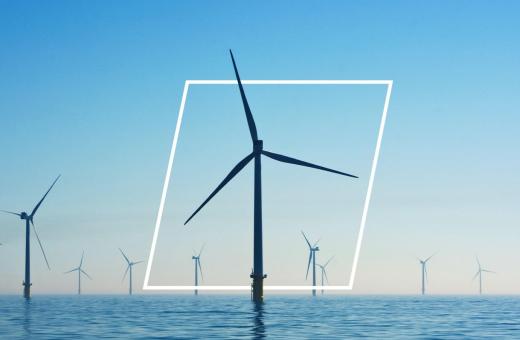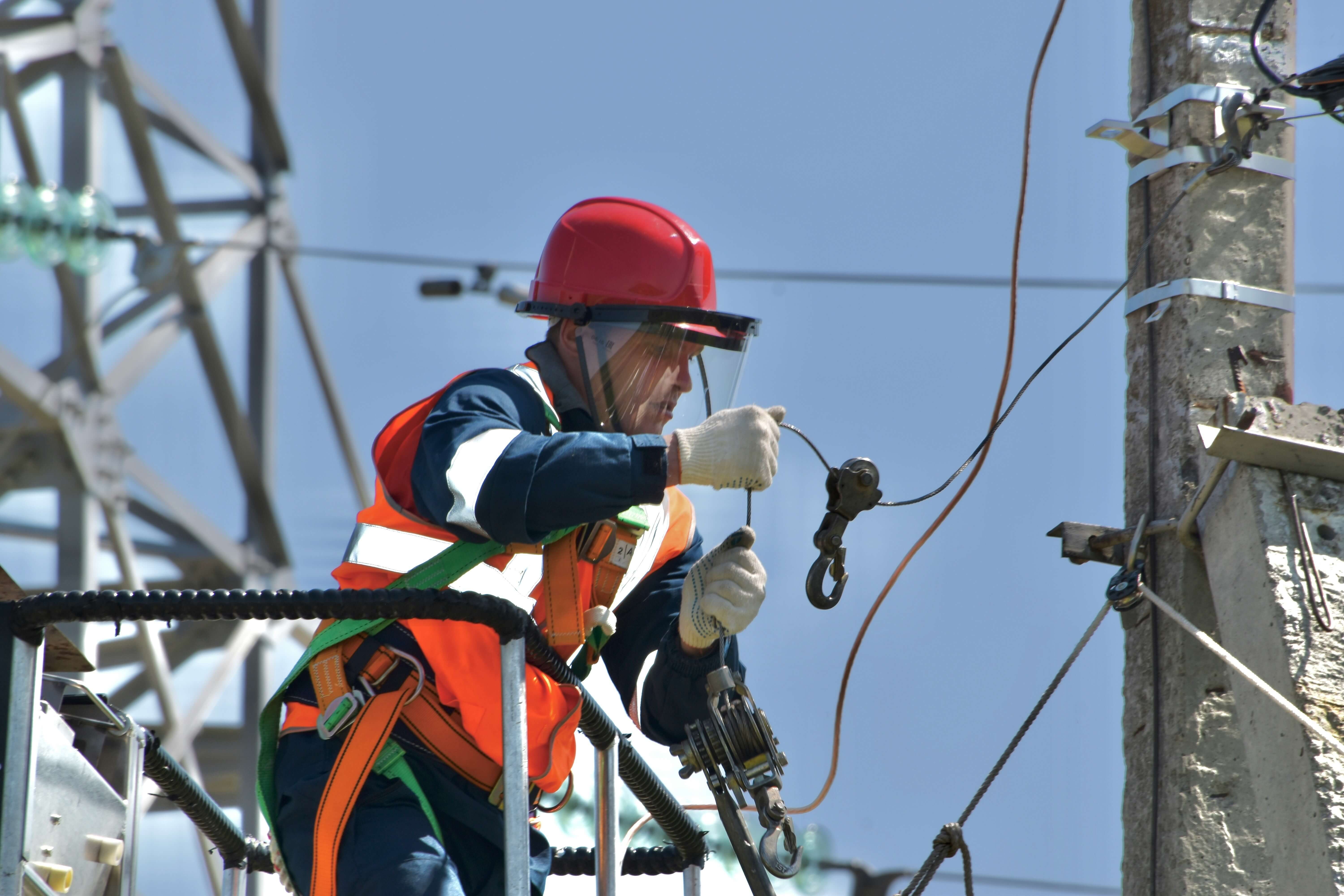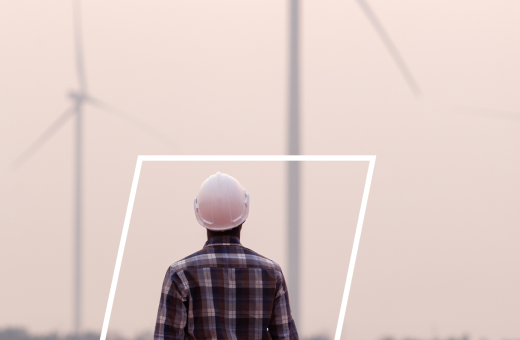Will Europe’s Energy Crisis Slow Down the Switch to Renewables or Accelerate It?
01 Feb, 202210 minutes
Winter 2021 emphasised the reality of Europe’s energy crisis.
Over the last few years, annual consumption of electricity has been growing by 6%, and, until recently, Europe’s international trade deals were enough to secure a reliable source of gas and fossil fuels.
As demand continues to climb, we now have to face the reality: there aren’t enough natural resources to ensure energy security for the future.
In 2022, Europe’s store of natural gas is at a record low of 32.6% total capacity – 10% lower than last year’s volume (Source: Reuters).
(Source: ICE)
Now, oil and gas companies appear to have limited choices:
- Join the “war” to secure energy supplies from Russia, Iran, and Qatar and profit from high prices.
- Secure long-term survivability by investing in R&D to increase Europe’s production of renewable energy.
Can Europe Accelerate its Switch to Renewables?
Renewable energy makes up about 37.5% of Europe’s gross electricity consumption (Source: Eurostat), proving the technology already exists for oil and gas companies to implement renewable offshore projects (such as wind farms or tidal energy). Still, there are other factors to consider.
Factor 1: Coordination
As a political union, Europe relies on a “majority vote” system that slows responsive action. Although individual countries can hold themselves responsible for developing internal solutions, offshore wind farms and tidal generators would likely need the cooperation of multiple governments. This could pose an issue for oil and gas companies having to follow strict regulations with possible miscommunications across borders.
(Source: European Commission)
Factor 2: Political Distraction
Throughout history, there is a common pattern: countries get so caught up in the fight for resources that they are distracted from the original goal of solving the issue. As politicians divert budgets to securing gas and fossil fuels for their country, financial power will likely be drawn away from innovating renewable energy. For oil and gas companies wanting to launch projects that would require offshore land sales and government approval, government attention could be drawn elsewhere – slowing procedures like acquiring planning permissions.
Factor 3: Corruption
40% of Europe’s natural gas comes from Russia (Source: Euro News). This monopoly over the world’s reserves has already been used to restrict the actions of local governments during Ukraine’s invasion. Whilst the consequences of this corruption would harm trade deals and actually accelerate our switch to renewables, war could also make the market very unstable for oil and gas companies.
Factor 4: Self-Reliance
Governments that no longer have a reliable supply chain of natural gas and fossil fuels may invest in infrastructure that allows them to increase production internally, such as fracking for shale gas in the UK. Already, “European governments and the EU are handing out more than €112 billion each year to prop up the production and consumption of fossil fuels, despite a pledge to phase out harmful subsidies by 2020.” (Source: ODI). This could involve heavy regulation in the market that slows private sector investment from oil and gas companies.
Factor 5: Resource Requirements
Another barrier slowing Europe’s switch to renewables is the necessity for resources during construction. Offshore wind farms, for example, need large, fuel-consuming vessels and thousands of underground cables. Without a consistent supply of energy, the development of renewable energy projects is impossible. Oil and gas companies would be the ones to suffer.
Is Europe’s Energy Crisis Slowing or Accelerating the Switch to Renewables?
Europe’s energy crisis seems to be slowing the switch to renewables, but, thankfully, it’s not the only large-scale influence that is affecting the continued adoption of emerging offshore technologies. In fact, offshore investment hit a record €26.3bn in 2020 (Source: Wind Europe) and 17.4 GW of wind turbines were installed as a result. Despite facing an ongoing energy crisis, Europe has other driving forces accelerating renewable energy development. Technology in thermal properties is continuing to advance, and the OEE2021 was formed last year to provide industry representatives and highlight the benefits of wave power (Source: Ocean Energy Europe).
1. The Private Sector
Oil and gas firms are already planning how they can secure the future livelihood of their businesses. In 2021, we saw large pledges for investment into offshore wind farms – such as a £6 billion partnership between Orsted and Global Infrastructure Partners on the UK’s East Coast. Across Europe, international private sector giants are responding to the fall in available energy resources by increasing their contribution to renewable energy.
2. Sustainable Pledges
In 2019, Europe agreed to a “Green Deal” to help them tackle climate change. Their goal is to reduce greenhouse gas emissions by 55% by 2030 (Source: European Commission) – a feat only possible through a switch to renewables. Large economic powers like Germany and the UK are also beholden to the United Nation’s Net Zero Coalitions by 2050. This might make them more agreeable to working with foreign investors and, in particular, energy companies seeking permission for offshore electricity generation.
3. Consumer Preference
There’s a trend forming in Europe where 88% of consumers and 94% of employees prefer to work with ethical companies (Source: LRN). B2B energy companies will have to respond to the demands of their stakeholders by investing in renewable energy and managing business processes sustainably.
The Future of Europe’s Renewable Energy: Offshore Wind
Offshore wind is perfectly poised to be the future of Europe’s energy, and experienced hiring solutions will help maritime oil and gas businesses diversify their projects. As of last year, Europe had a total offshore wind capacity of 25 GW (Source: Wind Europe), and research has shown that “turning to wind power in Europe could power the entire world.” (Source: World Economic Forum). 
(Source: BRINK News).
In response to the attractive market, competitive oil and gas companies have already begun to funnel investment into Europe – revealing the overall likelihood of rapid acceleration in Europe’s switch to renewables, despite the negative influence of our energy crisis. Human resources will prove to be the key to innovation in the sector and secure ongoing growth for green startups and pre-established firms alike.
Hire Maritime Professionals Through Select Offshore
Select Offshore are specialist offshore recruiters who use data to deliver maritime professionals who are reliable, communicative, and enthusiastic. We adhere to tricky deadlines to secure project success through:
- Executive Search
- Contract Staffing
- RPO Solutions
Our team strongly believes in celebrating each of the individuals we work with, dedicating time to find them desirable offshore placements.
Is the next one with you? Contact us now.


